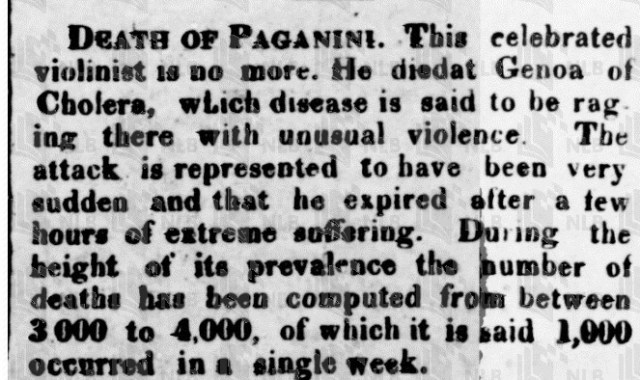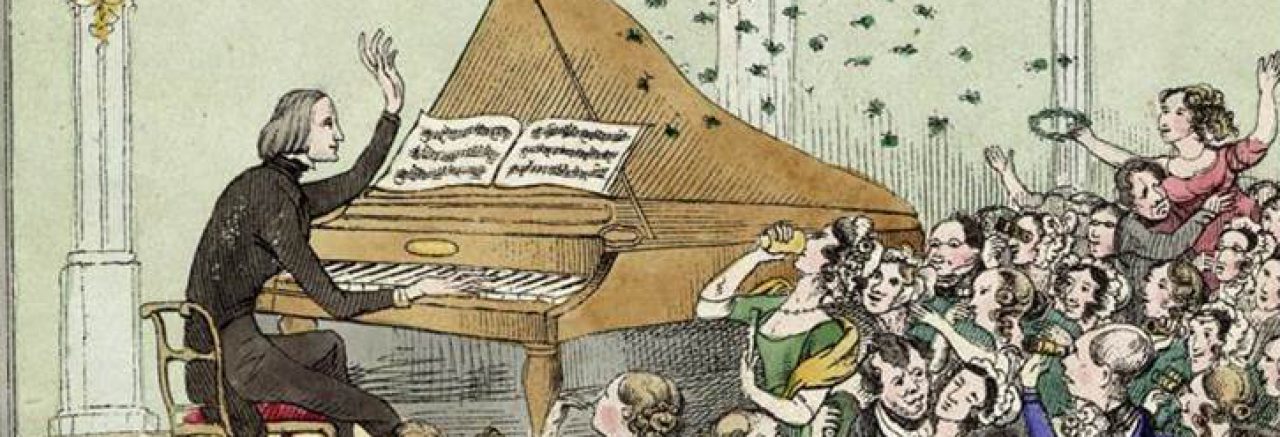Viral Culture in Early Nineteenth-Century Europe is my research project during my years as Academy Professor in 2017–2021. I am interested in questions such as: Which were the forms of cultural infection and virality in early nineteenth-century Europe? How were texts circulated and reused in the early nineteenth-century press? What kinds of ideas and themes were infectious, and what does this reveal about the nature of cultural transmission at the time? How does this viral perspective contribute to the analysis of cultural transmission in general and to the rethinking of the concept of culture?

Since the 1990s, and especially after the turn of the millennium, there has been growing interest in the study of how cultures ‘have gone viral’. This expression has its roots in biology, emphasising the rapid spread of a virus that infects several subjects and creates an epidemic growth curve. Today, viral events are ubiquitous throughout such services as Facebook and Twitter that allow content sharing and enable news stories to travel around the globe in hours, even in minutes. Instead of being a coherent, linear process, the present development seems to be characterised by unexpected, whimsical and rhizomatic chains of events.
The project aims at challenging the concept of culture by analysing its viral nature in a historical setting, by reassessing nineteenth-century European culture in a novel way. The time span of the project covers the period immediately after the French Revolution and runs through the first half of the nineteenth century. Thus, it extends over the transformative period of Europe, roughly from the revolution of 1789 until the aftermath of the revolutions of 1848.
The project brings together three approaches, 1) the analysis of text reuse based on recent advancements in digital humanities, 2) theoretical discussion on virality, emphasised by such philosophers as Gilles Deleuze and Félix Guattari, and 3) historical analysis of the early nineteenth century.
The project Viral Culture in Early Nineteenth-Century Europe argues that the concept of virality offers a fruitful perspective upon the logics of culture and that our view on cultural transmission would sharpen if it were analysed as an infection. To be sure, there is always intentionality, things that are consciously transferred, but it is equally important to recognise that, for example, a passage of text may turn into an infectious agent that becomes explosively replicated. The succession of these effects forms a rhizomatic chain and, by these means, produces virality in culture.
